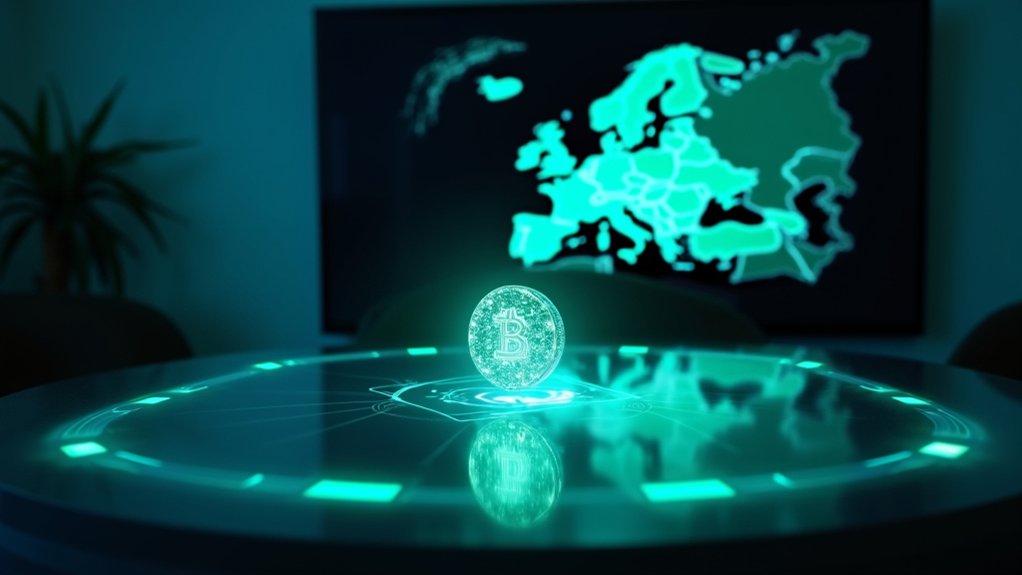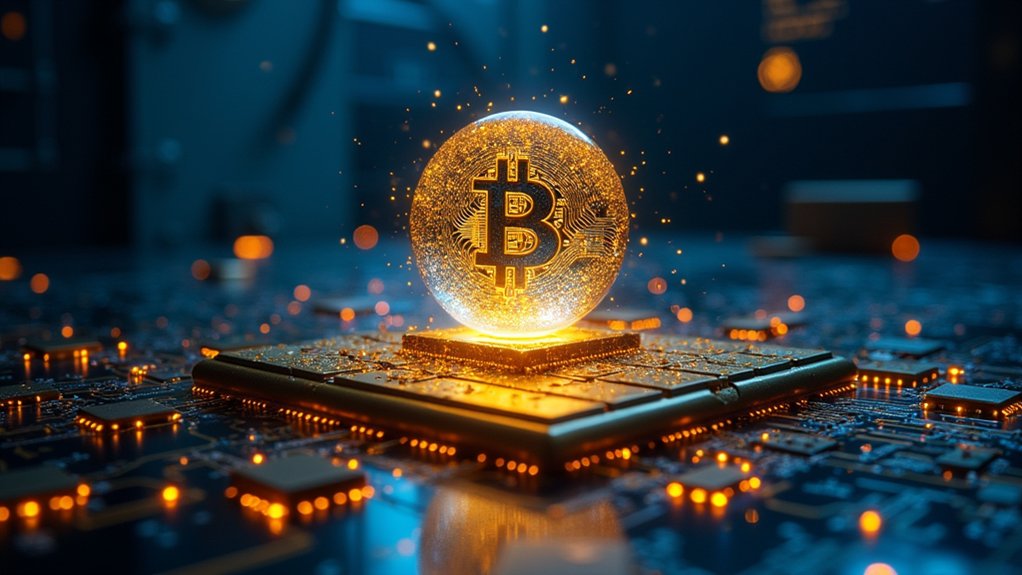How far can technology stretch the boundaries of global finance? Robinhood, the app that once shook up trading with its no-fee vibe, is now diving into blockchain to let European investors trade U.S. securities. Imagine this: a digital token, shimmering on a screen, representing a slice of Apple or Tesla, accessible 24/7 from a cozy café in Vilnius. It’s a bold leap, secured by a brokerage license in Lithuania in April 2025, expanding beyond their 2023 crypto debut in Europe. The platform’s efficiency rivals that of Proof of History technology, enabling rapid transaction processing. But can tech really outrun the dusty ledgers of old-school finance?
This isn’t just about trading; it’s tokenization—turning real-world assets into digital bits on a blockchain. Imagine the sizzle of faster settlements, the click of instant trades, bypassing the creaky gears of traditional systems. Robinhood’s CEO, Vlad Tenev, has waxed poetic about tokenized securities, and who wouldn’t? Lower costs, transparency as clear as a glass window, and markets open to all—it’s a dreamy vision. Yet, there’s a whisper of doubt. Will this digital bazaar clash with the stern suits of regulation? Additionally, Robinhood is exploring partnerships with blockchain networks like Arbitrum and Solana to build this innovative platform blockchain network partnerships. Their recent acquisition of Bitstamp in 2024 further strengthens their position in the crypto space, aiming for a hybrid ecosystem hybrid ecosystem goal.
Under the EU’s Markets in Crypto-Assets framework, clarity is emerging, like dawn over a foggy field. Robinhood’s acquisition of Bitstamp in 2024 might just be the scaffolding for this. They’re chatting with blockchain bigwigs—Arbitrum, Solana, maybe Ethereum—to pick a partner. No word yet on who’ll win this tech tug-of-war. Meanwhile, giants like BlackRock, with their $2 billion tokenized fund, nod approvingly. Savings could hit $20 billion yearly, per industry estimates. Still, as ledgers go digital, one wonders: will this sleek future stumble over human quirks or regulatory red tape? Only time, and perhaps a glitchy app update, will tell.









